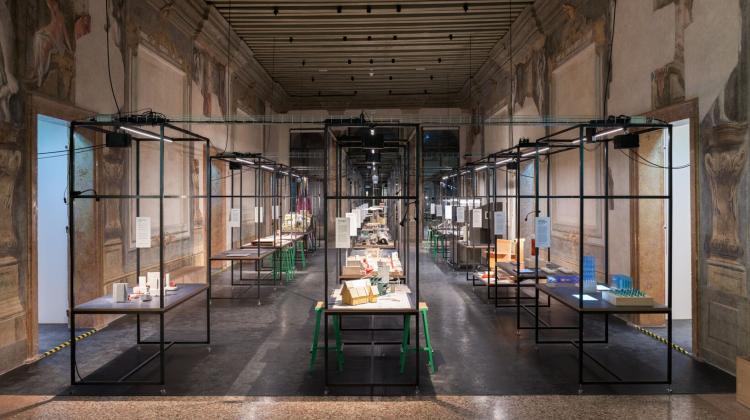This course introduces artistic practice and critical visual thinking through studio-based projects that explore diverse media, scales, and contexts. Through hands-on experimentation, perceptual games, and creative exercises, students activate their artistic curiosity—reimagining materials, objects, and everyday environments. Projects may incorporate sculptural construction, drawing and painting, weaving, performance, theater-based methods, sound and video, and/or site-specific interventions. Studio practice is complemented by lectures, screenings, field trips, readings, guest presentations, and discussions that examine the historical, cultural, and environmental forces shaping both the development of artistic vision and the reception of a work of art. Project themes such as Body Extensions / Embodied Knowledge, Public Making / Collaborative Practices, and Networked Cultres / Interdisciplinary Exchanges invite students to develop an expansive, interdisciplinary approach to art-making. Each project culminates in a final presentation and group critique.
MIT Certificate Protected Syllabus
Required Of
Restricted elective for BSAD, A Minor, D Minor
Open Only To
Undergraduates
Lab Fee
Per-term $75 fee after Add Date; SMACT students are exempt
Can Be Repeated for Credit
No



